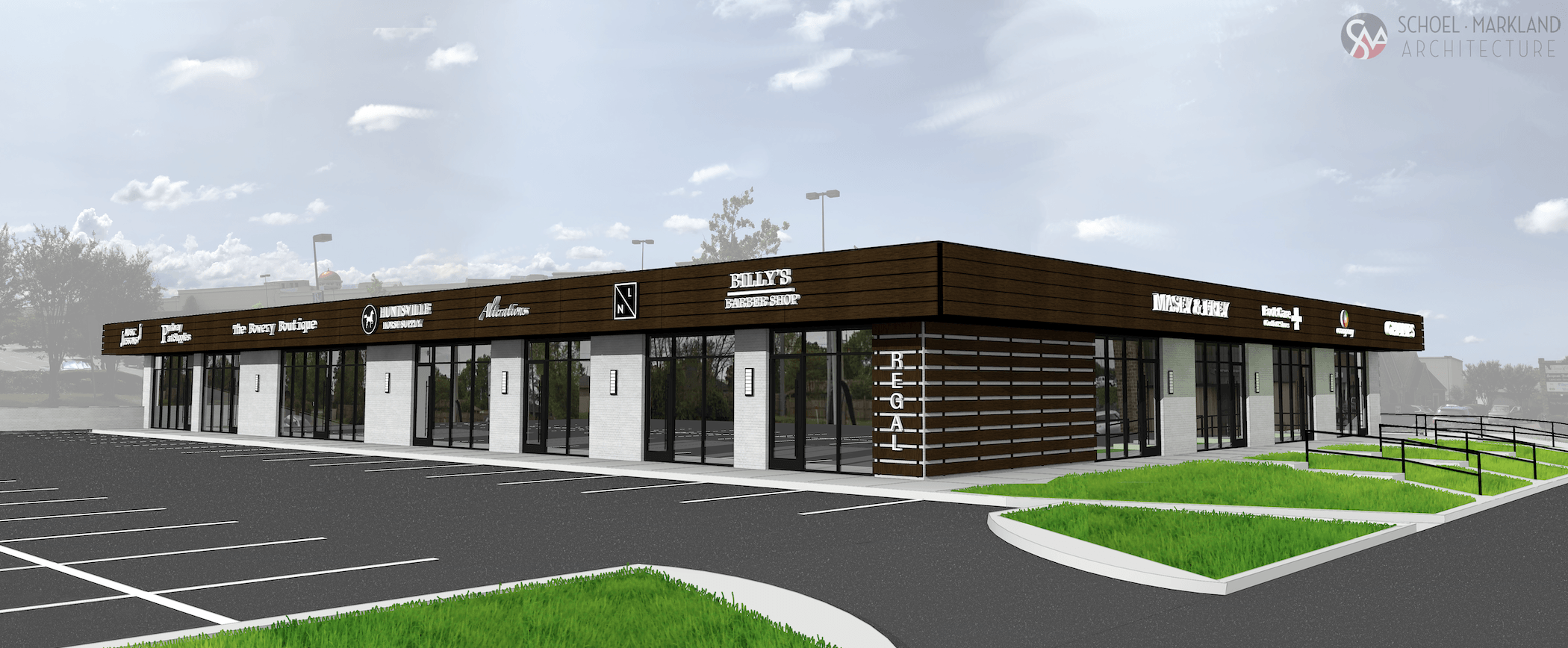
So you have an idea for the perfect development. All of your plans are in place and you’re ready to get the ball rolling. It’s time to find the piece of land that will make your dream a reality. But where do you start? In the world of zoning, environmental issues, construction concerns, and laws about land use, buying and selling land can seem like a daunting task.
When you consider all of the intricate details that go into a final deal, proper due diligence can make or break success. Without thorough investigation and research, you may or may not end up with the property you need—leaving you with a piece of land that you can’t utilize in the way you intended.
Luckily, having a professional broker on your side can make the process much smoother and help you maximize your returns. But, as a buyer, you can certainly do your part to make sure you enjoy the best possible outcome.
Here are five things to consider when purchasing commercial land:

Zoning
First and foremost, you should know the zoning of the land you intend to buy. Zoning laws—also called land use regulations or zoning ordinances—determine the ways in which a particular area of land can be used.
For instance, you may have plans to build a mixed-use development on your plot of land but it’s zoned for residential use. In this case, you’d likely want to negotiate the purchase contract contingent on the re-zoning of the property or obtaining a variance. Both of these can be time-consuming and require additional professional fees, making you want to pass on this particular piece of land.
Zoning affects nearly everything when it comes to your future business plans. It can control noise levels, business signage, parking regulations, waste management and much more. So be sure to examine all zoning laws before you ever sign a lease.
And remember, some land can be zoned for multiple uses. Your broker will be able to check the boxes for you when it comes to identifying zoning that fits your bottom line.

Utilities
Never assume that certain utilities will be available at your property—always ask ahead of time. If you are developing on the land, this is an important step to cover because hidden costs will creep in.
If the City doesn’t offer the types of services you need, will you be able to acquire them? Is there access to a septic system? Water? Electricity? Gas? Telephone? Depending on your intended use, you will need to secure the proper utilities to carry out your business.
Bottom line: Ask if certain utilities extend to your site before buying.

Deed Restrictions
You’ve been searching and you believe you’ve found the tract of land you want to use for development. It’s zoned properly, utilities are available, and it’s easily accessible. However, there may be another blocker preventing you from developing the property—deed restrictions.
Deed restrictions are created to determine how successive title owners can use the land. For instance, there may be a restriction on the land that forbids commercial development even though it’s properly zoned for such a use.
Restrictions can cover everything from the future use of the property to building height, characteristics of buildings, maintenance of the property, and other responsibilities related to the land. Typically, deed restrictions apply to all future title owners.
These restrictions supersede zoning ordinances. So even if you find land that fits your use, a restriction could still prevent you from carrying out your planned development.
Access
Making sure the land fits future accessibility needs is a must. Is there room to add parking and space for proper ingress and egress? Is the location convenient to your future clientele? What is the nearby competition like? Is it easy to get to major highways and shipping routes? Having a clear-cut plan for your land will help you determine which questions you should ask.
When settling on a property, remember location, location, location!
(Tip: Access also includes the ease at which construction equipment can enter and exit the site during the development phase.)

Topography & Design
Last, but not least, you will need to review the topography and design of the land you want to buy. Here are some of the issues you need to be concerned with:
- Environmental (soil quality, underground pipes, underground storage tanks, etc.)
- Slope of the land
- Floodplains, easements
- Nearby streams/water sources
- Wetlands
- Shaded or sunny areas
In the end, all of these concerns can be addressed so you find land that will yield the highest returns and ensure future success.
At Crunkleton, we guide clients through each phase of a land deal so you get the best value. We’d love to help you with purchasing or selling your land investment. You can access the full portfolio of our land listings here.
Have questions about purchasing or selling land? Contact us at info@crunkletonassociates.com or give us a call at 256-536-8809.
![]()
Make sure you’re staying on top of the latest trends, newest developments and hottest new stores in Huntsville by subscribing to our weekly blog updates!
 HALEY CLEMONS
HALEY CLEMONS
MARKETING COORDINATOR
CRUNKLETON COMMERCIAL REAL ESTATE GROUP
HALEY@CRUNKLETONASSOCIATES.COM




